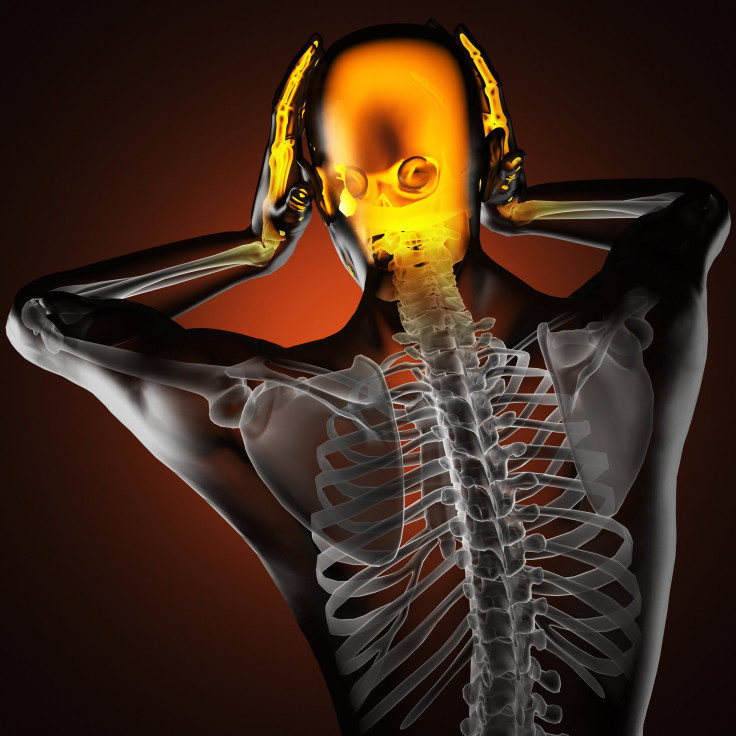Can Head Injury Lead To Alzheimer’s? Scans Show Brain Develops Plaque After Head Trauma

Researchers have released another study examining the effects of traumatic brain injury (TBI) on dementia risk. A team from the University of Cambridge have found that people who experience traumatic head injuries can develop plaques in their brains shortly after the injury.
Imaging technology known as positron emission tomography (PET) was used to identify these Alzheimer’s-causing plaques, or amyloid deposits. “Our research has shown, for the first time, that PET imaging can show amyloid deposits in the brain after head injury,” Dr. David Menon of the anesthesia division at the University of Cambridge, and the study’s author, told HealthDay.
Currently, there is no way to accurately diagnose Alzheimer’s, but scientists hope that neuroimaging holds promise for early detection. MRIs or CT scans are used to rule out any other conditions that aren’t Alzheimer’s. “Patients can be imaged with PET to detect early amyloid deposition, and then followed up to see whether this early amyloid deposition resolves, whether it recurs, and how these processes relate to later cognitive [mental] decline.”
Dr. Mony de Leon, director of the Center for Brain Health at NYU Langone Medical Center, told HealthDay that the study is important because it shows evidence that the plaques occur only days after the injury. “It is not like someone got hit on the head at age 32 and can’t remember anything at age 60. The damage is immediate, and now we have a way of seeing it.” Dr. Leon was not involved in the study. He did, however, stress that though amyloid plaques are a typical marker of Alzheimer’s disease, there are other tangled proteins in the brains of Alzheimer’s patients that are not apparently formed after a brain injury.
Over the past 30 years, other research has associated head injuries with dementia, some finding that moderate and severe brain injuries can increase the risk of mental decline by two or four-fold. According to the Alzheimer’s Association, falls are the leading cause of brain injury among all age groups, but those over age 75 have the highest rates of hospitalization and death due to traumatic falls. It also notes that several studies have linked such brain injuries to an “elevated risk” of dementia and Alzheimer’s. A 2012 study published in the Journal of Neuroscience stated that traumatic brain injury (TBI) “is one of the most robust environmental risk factors for Alzheimer’s disease… Compelling evidence is accumulating that a single event of TBI is associated with increased levels of [beta amyloid],” which is a component in amyloid plaques that cause Alzheimer’s.
Another study, published in 2013, found that even one relatively mild injury or explosion to the head can cause changes in the brain that are associated with Alzheimer’s as well as chronic traumatic encephalopathy (CTE). However, exactly how traumatic brain injuries can trigger Alzheimer’s on a biological level is still in question, and remains somewhat controversial — other studies have conflicting results. Research completed by Dr. Kristen Dams-O’Connor, an assistant professor of rehabilitation medicine at the Icahn School of Medicine at Mount Sinai, stated that TBIs do not increase the risk of dementia. “There is a lot of conflicting information in the literature about the link between TBI and dementia,” Dr. Dams-O’Connor said in a press release, noting that “the findings in this study do not support the commonly held belief that TBI leads to dementia.”
Source: Menon D, Stewart W, Fryer T, et al. Amyloid Imaging With Carbon 11–Labeled Pittsburgh Compound B for Traumatic Brain Injury. JAMA Neurology. 2013.



























